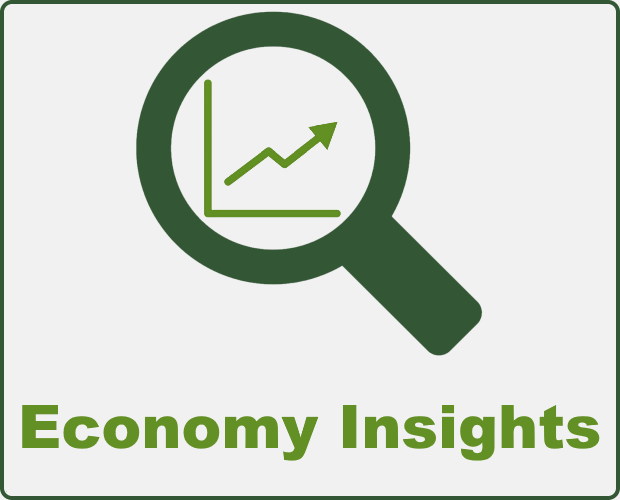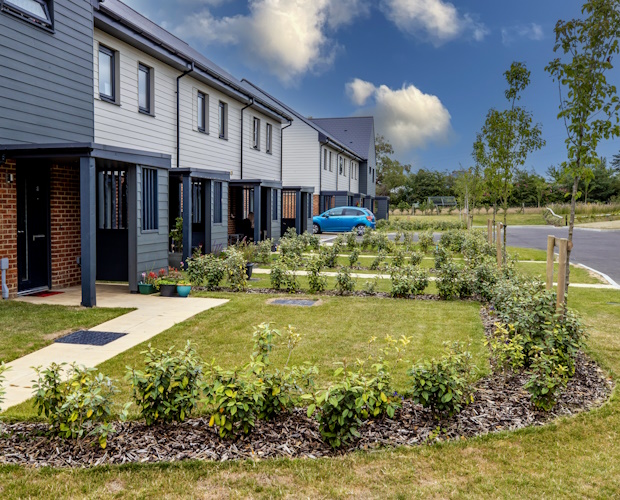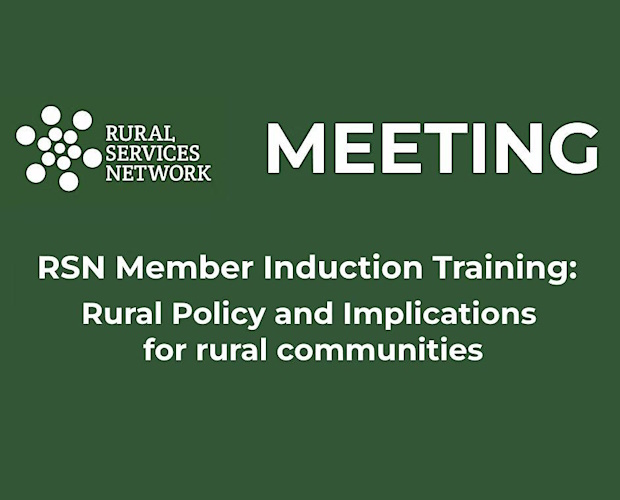T: 01822 851370 E: admin@sparse.gov.uk
25.01.2021
25/01/2021 - RSN Rural Economy Group Meeting
Date: 25th January 2021
Subject: Rural Economy
Chair: Graham Biggs MBE
Hosted: Online Event via Zoom
- To download the agenda and papers associated for this meeting, click here
- To download a copy of these learning outcomes click here
- To download a copy of the attendance and apologies lists click here
Learning Outcomes
Key issues highlighted by speakers
Ivan Annibal – Social Value Engine
- The Social Value Engine[1] developed by Rose Regeneration and East Riding of Yorkshire Council provides a place focussed, online platform that assesses the potential economic benefit of non-commercial projects.
- The platform uses 220 peer reviewed financial proxies to generate a theoretical cost benefit for proposed schemes, is useful to a broad range of users from fire, police and local authorities to community groups and social enterprises and is accredited by Social Value UK.
- The outputs of the Social Value Engine are an invaluable source of information for engaging with the communities within which projects are proposed, and for securing financial backing to make action possible.
Download the presentation here
Graham Biggs MBE – Towards a Greener Green Book Process
- The Green Book is the government’s processes on options appraisal and applies to all proposals that concern public spending, taxation, changes to regulations, and changes to the use of existing public assets and resources. It is mainly use on capital projects.
- The Green Book Review 2020 concluded that ‘the current appraisal practice is likely to undermine the government’s ambition to “level up” poorer regions’.
- Considering the review, the RSN (with Britain’s Leading Edge, CPRE & English Rural HA) commissioned Pragmatix Advisory to report on the Green Book, the findings and Government’s response to the Green Book Review 2020.
- The Pragmatix report, ‘Towards a Greener Green Book Process’, highlighted several areas where the appraisal system is failing rural communities and considered options for making Government decisions fairer for rural people.
- It was noted that reducing rural disadvantage must be part of the levelling up agenda, however ‘levelling up’ is currently poorly defined and seems to be a changing narrative.
- To ensure ‘levelling up’ is achieved across the country, including rural England, the metrics of success need to be defined, understood, and consistently applied. It was found that capital expenditure was currently delivering fewer outputs in rural areas than would be found in urban.
- There is very little usable government research in rural/urban difference in costs, yet a simple cost per unit calculation which is the current norm will always favour urban investment, with no regard taken to social value, transformative outcomes or past overspending in a particular location.
- Greater need in rural areas is explicitly acknowledged in the UK funding to Wales, yet the Green Book appraisal process currently reinforces incrementalism and inertia due to its limited rural consideration.
Download the presentation here
Key Issues facing the Rural Economy discussed
- The continued lockdown due to the Covid-19 pandemic is putting a wide range of rural businesses under intense pressure for survival, as well as having potentially long-term effects on community participation within the voluntary sectors.
- Business types that were noted as being particularly vulnerable were those relying on incoming visitor spend, those that generate much of their income during key periods of the year that have been lost, those that had premises too small for future social distancing requirements, and those that needed to generate reserves for future investment.
- Alongside the impact of Covid lockdowns, businesses are now having to adjust to the new trading relationship with the European Union. It is a moment of intense pressure for a great many rural businesses and service providers.
- Conversely, it was noted that some rural businesses are thriving because of the new appreciation of rural living in ‘lockdown’ England and the desire to live and work rurally. Adoption of online work, learning and leisure services has mitigated the effects of lockdown for a great many, but there are rural areas where good broadband is not possible and therefore the lockdown is causing a significant divide of opportunity. Lack of digital skills can also be a key issue.
YOU MAY ALSO BE INTERESTED IN
SIGN UP TO OUR NEWSLETTER
Sign up to our newsletter to receive all the latest news and updates.









